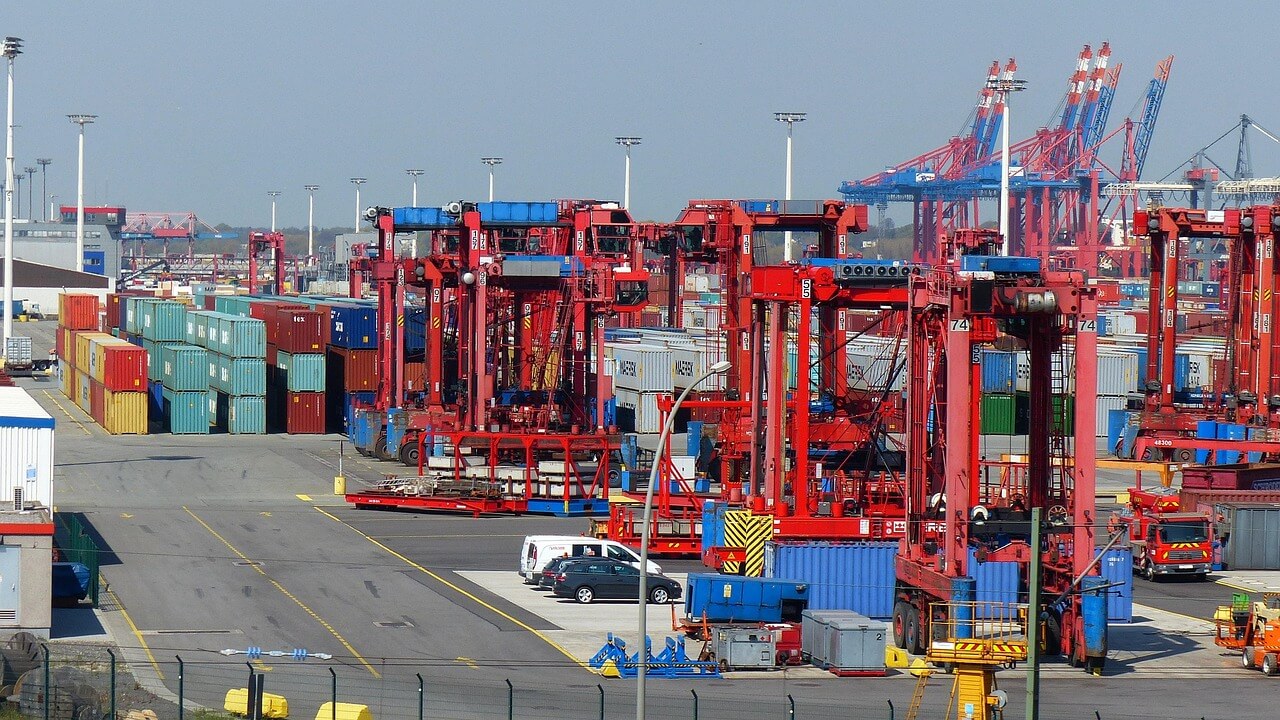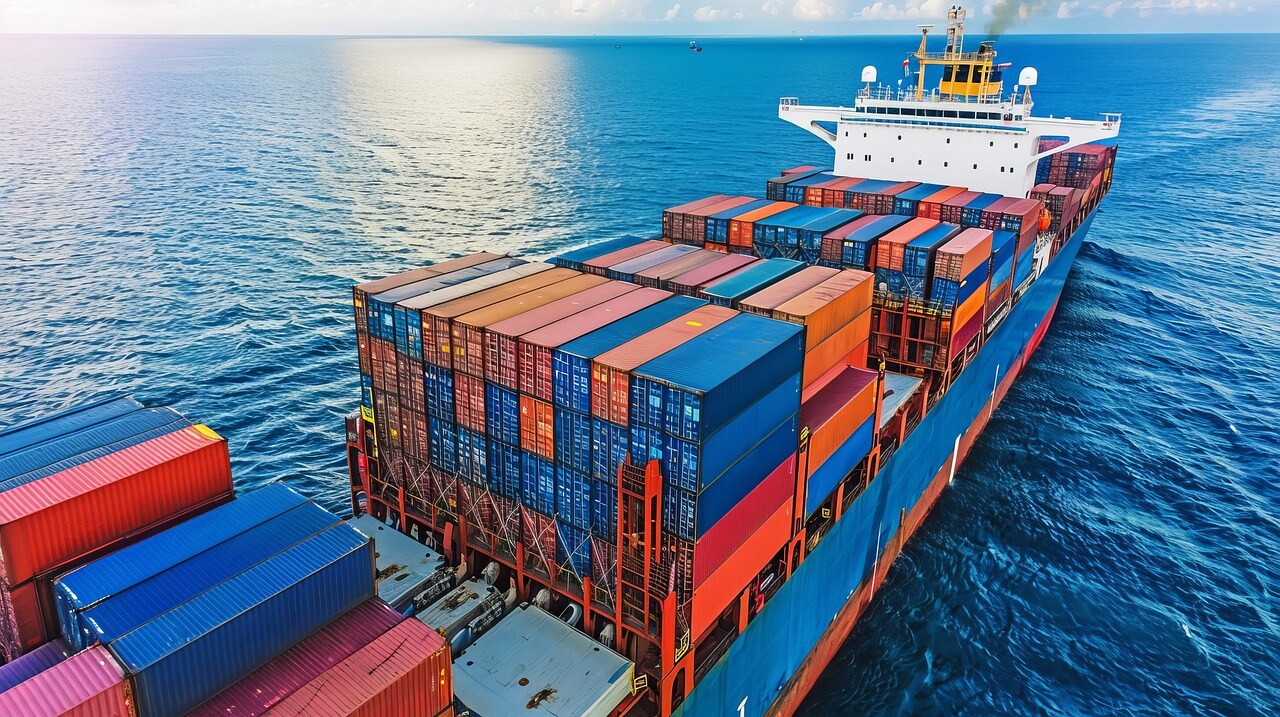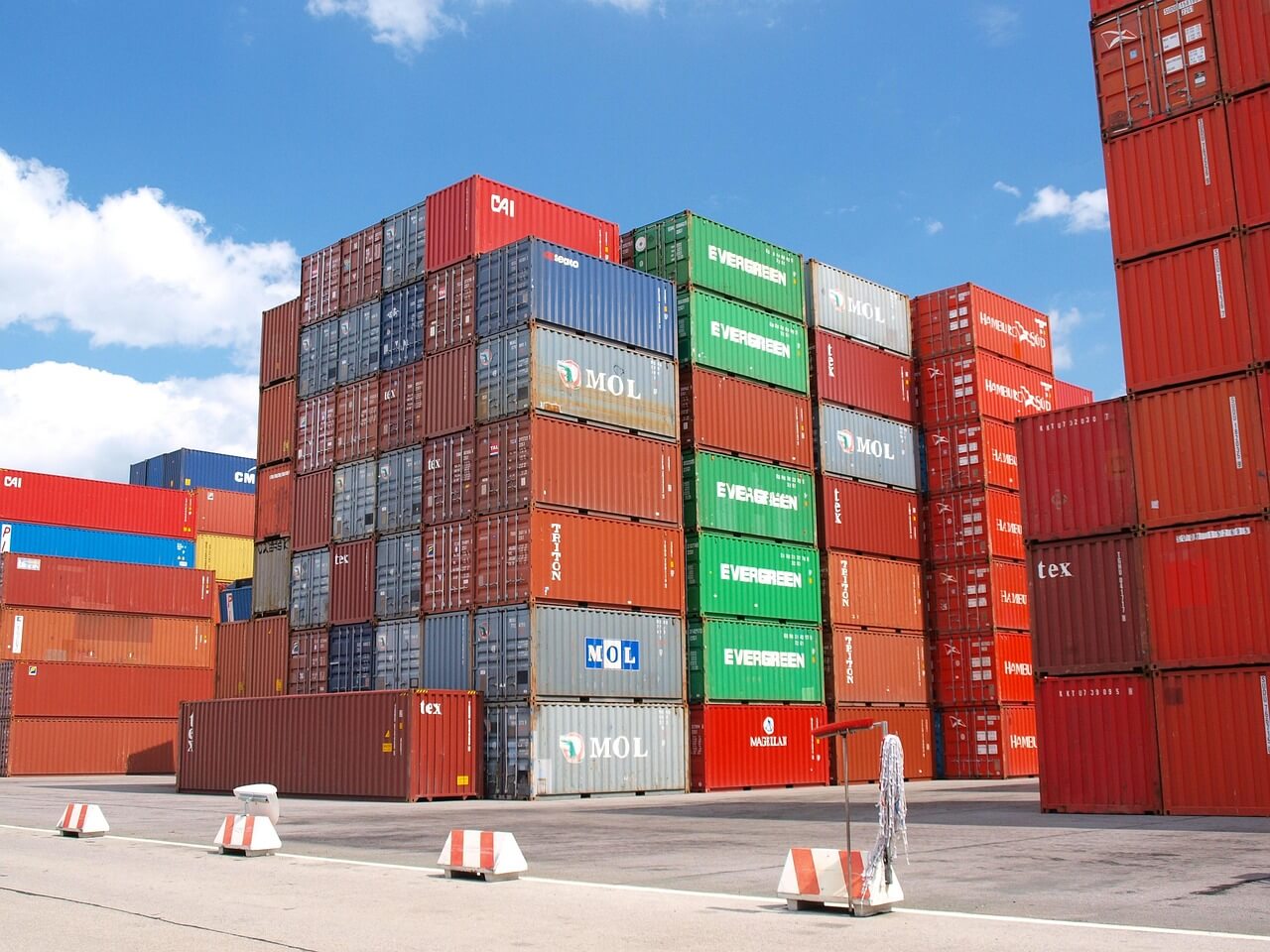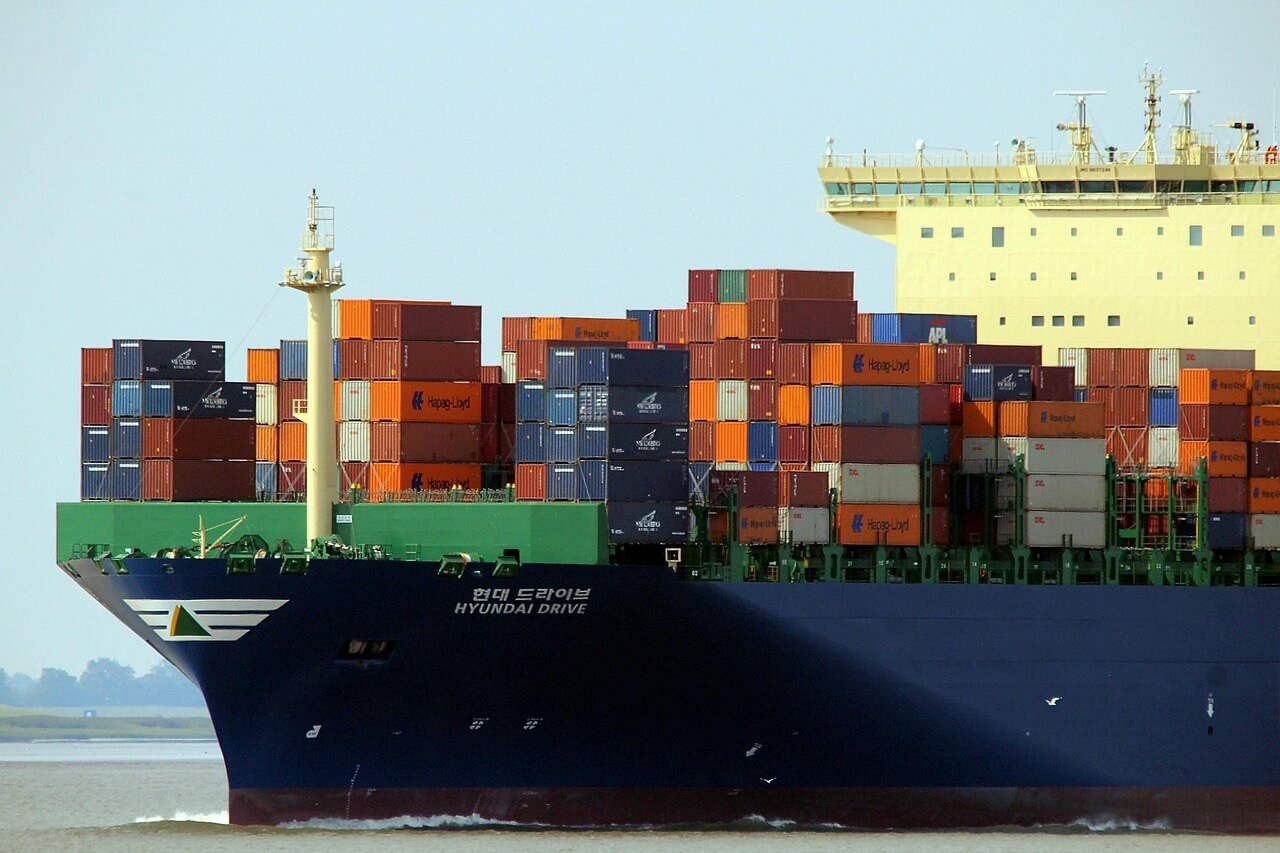
28
Apr
How can freight forwarders plan import and export routes to save costs when exporting to Dubai?
Exporting to Dubai: Freight Forwarder Strategies for Cost-Effective Import/Export Routes
Dubai, as a leading business hub in the Middle East, attracts numerous export opportunities. However, managing the logistics of exporting to Dubai can be complex and costly if not properly planned. As a freight forwarder, there are several strategies you can use to plan import/export routes cost-effectively. Here are some ways to approach this challenge:
1. Identify the right port: Research the most suitable ports in Dubai for your product. This will depend on factors like the nature of your goods, volumes, and whether there are any specific requirements for handling your cargo. Using the right port can significantly reduce transportation costs and time.
2. Analyze transportation options: Consider various modes of transportation such as air, sea, and land. Analyze the cost and time efficiency of each option based on your product’s characteristics and market demands. For instance, if time is critical, air freight may be more expensive but faster; for bulkier items, sea freight might be more economical.
3. Use reliable freight forwarders: Partner with experienced freight forwarders who have a good understanding of the region and its nuances. They can help identify hidden costs and offer alternatives to save money without compromising on quality or time.
4. Plan your route strategically: Plan your route carefully to avoid unnecessary transit times and costs. Look for direct routes or routes with fewer stops to minimize handling fees and reduce risks of damage or loss.
5. Consider seasonal factors: Dubai experiences hot summers and cooler winters, which can affect shipping and logistics. Plan your exports during the cooler months to avoid peak summer shipping costs and delays due to weather conditions.
6. Use technology to optimize costs: Utilize technology tools to monitor your shipments and optimize costs. Some tools provide real-time tracking, allowing you to identify bottlenecks and plan alternate routes if necessary. This helps reduce emergency expenses and improves overall efficiency.
7. Negotiate with suppliers and carriers: Don’t be afraid to negotiate with your suppliers and carriers for better rates or terms. Bundling orders or taking advantage of volume discounts can help reduce costs significantly.
8. Clear customs efficiently: Ensure smooth customs clearance by following local regulations closely and preparing all necessary documents in advance. This can help avoid delays and penalties that can add up quickly.
By following these strategies, freight forwarders can significantly reduce costs when exporting to Dubai without compromising on quality or time efficiency. It’s important to remember that each shipment is unique, so it’s crucial to review and adjust your strategy as needed for optimal results.
Dubai, as a leading business hub in the Middle East, attracts numerous export opportunities. However, managing the logistics of exporting to Dubai can be complex and costly if not properly planned. As a freight forwarder, there are several strategies you can use to plan import/export routes cost-effectively. Here are some ways to approach this challenge:
1. Identify the right port: Research the most suitable ports in Dubai for your product. This will depend on factors like the nature of your goods, volumes, and whether there are any specific requirements for handling your cargo. Using the right port can significantly reduce transportation costs and time.
2. Analyze transportation options: Consider various modes of transportation such as air, sea, and land. Analyze the cost and time efficiency of each option based on your product’s characteristics and market demands. For instance, if time is critical, air freight may be more expensive but faster; for bulkier items, sea freight might be more economical.
3. Use reliable freight forwarders: Partner with experienced freight forwarders who have a good understanding of the region and its nuances. They can help identify hidden costs and offer alternatives to save money without compromising on quality or time.
4. Plan your route strategically: Plan your route carefully to avoid unnecessary transit times and costs. Look for direct routes or routes with fewer stops to minimize handling fees and reduce risks of damage or loss.
5. Consider seasonal factors: Dubai experiences hot summers and cooler winters, which can affect shipping and logistics. Plan your exports during the cooler months to avoid peak summer shipping costs and delays due to weather conditions.
6. Use technology to optimize costs: Utilize technology tools to monitor your shipments and optimize costs. Some tools provide real-time tracking, allowing you to identify bottlenecks and plan alternate routes if necessary. This helps reduce emergency expenses and improves overall efficiency.
7. Negotiate with suppliers and carriers: Don’t be afraid to negotiate with your suppliers and carriers for better rates or terms. Bundling orders or taking advantage of volume discounts can help reduce costs significantly.
8. Clear customs efficiently: Ensure smooth customs clearance by following local regulations closely and preparing all necessary documents in advance. This can help avoid delays and penalties that can add up quickly.
By following these strategies, freight forwarders can significantly reduce costs when exporting to Dubai without compromising on quality or time efficiency. It’s important to remember that each shipment is unique, so it’s crucial to review and adjust your strategy as needed for optimal results.
LEAVE YOUR COMMENT
categories
recentpost
-
 How can freight forwarders achieve efficient logistics and shipping from China to Tanzania?Apr 30,2025
How can freight forwarders achieve efficient logistics and shipping from China to Tanzania?Apr 30,2025 -
 What are the guarantee measures for transportation and transaction services from China to the UnitedApr 30,2025
What are the guarantee measures for transportation and transaction services from China to the UnitedApr 30,2025 -
 How is the international freight delivery service for transporting goods to Saudi Arabia?Apr 30,2025
How is the international freight delivery service for transporting goods to Saudi Arabia?Apr 30,2025 -
 What is the delivery time for international freight from China to Kenya?Apr 30,2025
What is the delivery time for international freight from China to Kenya?Apr 30,2025 -
 What is the customs clearance process for global land transportation from China to the United Arab EApr 30,2025
What is the customs clearance process for global land transportation from China to the United Arab EApr 30,2025 -
 Shipping Guide from China to Qatar: How to Calculate LCL Shipping Cost?Apr 30,2025
Shipping Guide from China to Qatar: How to Calculate LCL Shipping Cost?Apr 30,2025

